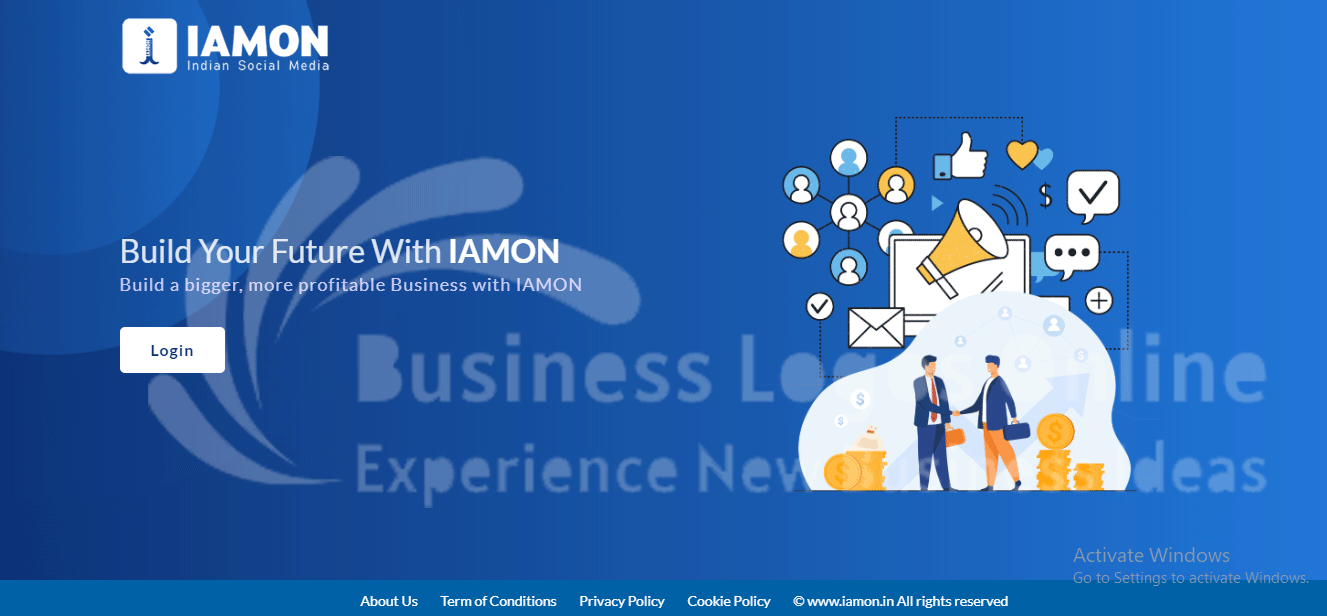In the fast-paced world of modern business, accountants and accounting firms face increasing pressure to manage their workload efficiently while delivering exceptional service to their clients. Managing tasks, deadlines, and client communication simultaneously can be daunting without the right tools. Enter accounting practice management software—a game-changing solution designed to streamline operations, enhance productivity, and ensure compliance across accounting practices.
This innovative tool is a centralized platform that integrates task management, workflow automation, and communication tracking. By utilizing accounting practice management software, accounting professionals can organize client data, manage deadlines, and maintain a consistent quality of service, all while saving time and reducing errors. The result is improved internal operations and greater client satisfaction and trust.
The Role of Accounting Practice Management Software
Accounting practice management software is tailored specifically to meet the needs of accountants and accounting firms. Unlike generic task management tools, this software combines industry-specific features such as tax filing, billing, and compliance tracking with general productivity tools like scheduling and reporting. This makes it an indispensable asset for accounting teams, whether they are small firms or large enterprises.
At its core, accounting practice management software helps streamline workflows by automating repetitive tasks. For instance, it can track tax filing deadlines, automatically remind clients about pending documents, and generate invoices with minimal input. This ensures that accountants spend more time on value-added activities like analyzing financial data and providing strategic advice to clients.
Key Features That Drive Efficiency
The capabilities of accounting practice management software are vast and tailored to the unique challenges of the accounting industry. Below are some of its standout features:
1. Task and Workflow Management
With multiple clients and deadlines to manage, accountants often juggle several tasks simultaneously. Practice management software helps prioritize tasks, assign responsibilities, and monitor progress in real-time, ensuring nothing falls through the cracks.
2. Document Management
Efficient document storage and retrieval are essential in accounting. Most software includes cloud-based document management systems, enabling teams to access client files securely from anywhere. This feature also supports version control, ensuring that only the latest files are used.
3. Integrated Time Tracking and Billing
Accounting practice management software often includes time-tracking tools that help firms monitor billable hours. This, combined with automated billing features, ensures accurate invoicing and reduces disputes with clients.
4. Client Communication Tools
Centralized communication tools allow firms to track all interactions with clients in one place. This ensures that no emails, messages, or calls go unanswered, improving client relationships and ensuring transparency.
5. Compliance and Reporting
Accounting is heavily regulated, making compliance a priority for all firms. Practice management software includes features to track regulatory deadlines, generate compliance reports, and maintain audit trails, minimizing the risk of penalties.

Accounting practice management software
Benefits of Accounting Practice Management Software
Investing in accounting practice management software delivers numerous benefits that enhance both operational efficiency and client satisfaction.
1. Streamlined Operations
The automation of repetitive tasks and centralized data management eliminates inefficiencies, enabling firms to focus on delivering high-value services to their clients.
2. Error Reduction
Manual processes are prone to mistakes, which can lead to client dissatisfaction or regulatory penalties. Software-driven workflows minimize errors, ensuring that all tasks are completed accurately and on time.
3. Enhanced Collaboration
For teams working on shared client accounts, practice management software offers a collaborative platform where everyone can access the same information and stay updated on project status.
4. Scalability
As accounting firms grow, so do their operational complexities. Practice management software is scalable, meaning it can handle increasing volumes of data, tasks, and clients without compromising performance.
5. Better Client Relationships
By providing tools for timely communication, accurate reporting, and personalized service, this software strengthens client relationships, building trust and loyalty over time.
Choosing the Right Software
Not all accounting practice management software is created equal, so it’s crucial to select a solution that aligns with your firm’s specific needs. Here are some factors to consider:
Ease of Use: The software should have an intuitive interface that minimizes the learning curve for your team.
Customization: Look for tools that allow you to tailor workflows, reports, and dashboards to your unique requirements.
Integration Capabilities: Ensure the software integrates seamlessly with other tools you use, such as tax preparation software, CRMs, or payroll systems.
Scalability: Choose a solution that can grow with your firm and handle increasing demands.
Security: Given the sensitive nature of accounting data, the software must offer robust security features, including encryption and secure cloud storage.
Examples of Popular Accounting Practice Management Tools
If you’re considering adopting accounting practice management software, here are a few reputable options to explore:
Karbon: Known for its collaborative tools and powerful workflow automation.
Canopy: Offers a wide range of features, from client communication to tax resolution tools.
Jetpack Workflow: Focused on simplifying task management and deadline tracking for accounting firms.
QuickBooks Online Accountant: An ideal choice for firms already using QuickBooks for bookkeeping.
OfficeTools: Combines time tracking, billing, and document management in a user-friendly platform.
In today’s fast-evolving business environment, accountants need more than just technical skills—they need the right tools to support their operations. Accounting practice management software is a vital asset that allows firms to stay organized, meet deadlines, and deliver exceptional service to their clients.
By streamlining workflows, reducing errors, and improving client communication, this software not only enhances operational efficiency but also fosters long-term business growth. Whether you’re a small practice or a large firm, adopting accounting practice management software can help you stay ahead of the curve and achieve your goals with confidence.




